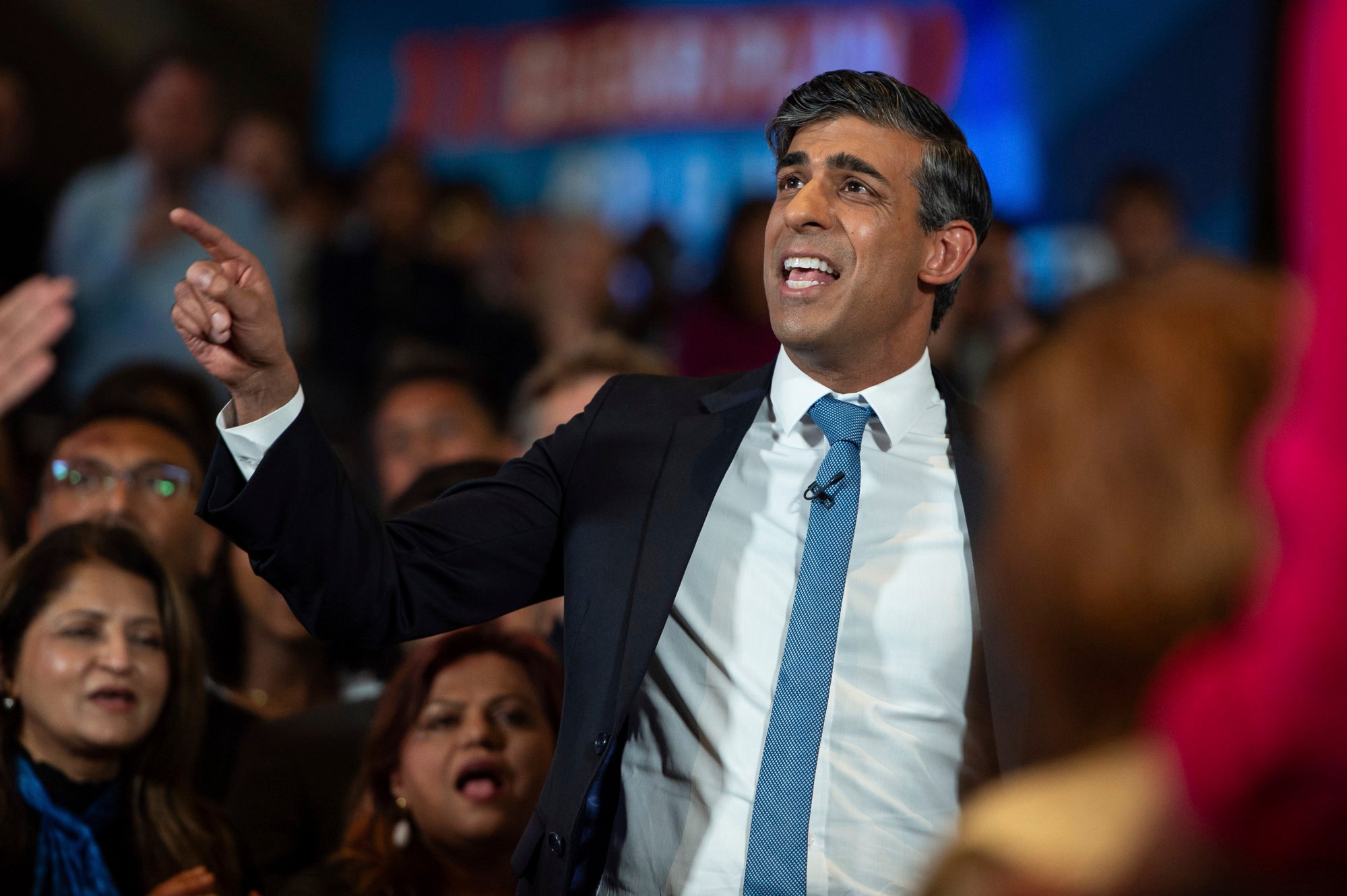Labour’s landslide victory has ushered in a new dawn in British politics
A part of this process will be new legislation to create “Great British Energy”, a new state-owned generator of green electricity which Labour claims will help make the country “a clean energy superpower”. The party says the new company will cost around £8.3 billion (US$10.58 billion) and be paid for by a windfall tax on oil and gas companies. In addition, Labour has pledged to repeal the current de facto ban on new onshore wind farms.
By almost any standards, Thursday’s vote is a new political dawn for the UK. It is also historic in two other potentially important senses.
First, the UK has now experienced back-to-back landslides, in opposite directions, in the last two national ballots for the first time in around 120 years. The last time this happened was in 1900, which saw a Conservative landslide, followed by a massive Liberal absolute majority in 1906. That was also the general election in which neither Labour nor the Conservatives won the popular vote.
The huge victory for the Liberals in 1906 helped catalyse an era-defining realignment that led to the modern UK electoral system dominated by the Conservatives and Labour. So it is possible that Labour’s big win could also herald major political change in the UK.

A further dimension of the historic nature of this election is the vastly increased prevalence of digital campaigning. On election day alone, UK political parties are forecast to have spent more than £1 million pounds on online advertisements, more than was spent on online channels by the parties during the entire 2015 campaign.
This includes the fact that around 7.6 million people are on waiting lists for hospital treatment in England, which is about three times the 2010 figure. Around 3 per cent of the UK population uses a food bank, all while the cost of groceries, household bills and mortgage repayments has risen significantly since the pandemic.
Following its massive victory, Labour has much to deliver. While the party will dominate the political landscape the next few years, whether it wins big again later this decade will depend on whether and how fast the Conservatives rejuvenate themselves.
Andrew Hammond is an associate at LSE IDEAS at the London School of Economics